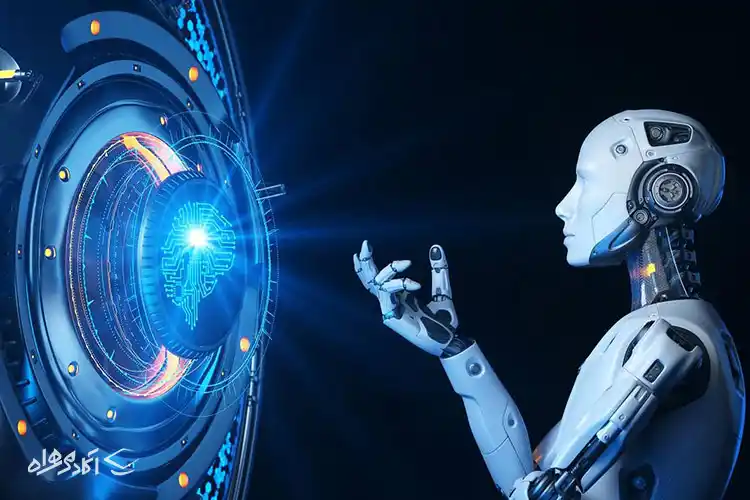Artificial Intelligence: Definition and Early Applications

Artificial Intelligence: Definition and Early Applications
Artificial Intelligence (AI) is a branch of computer science that focuses on creating systems and machines capable of performing tasks that typically require human intelligence. These tasks include learning, reasoning, problem-solving, understanding natural language, and even pattern recognition and image processing. The main goal of AI is to enable machines to think and act like humans.
Definition of Artificial Intelligence: AI refers to systems and algorithms that can process information and make complex decisions. This technology uses various techniques such as machine learning, neural networks, natural language processing, and computer vision.
Early Applications of Artificial Intelligence:
Expert Systems: These systems are capable of making complex decisions based on specific knowledge and rules. They have been used in various fields such as medicine, engineering, and finance. For example, expert systems can provide medical diagnoses based on clinical information and patient history.
Natural Language Processing (NLP): This branch of AI deals with the ability of systems to understand and generate human language. Early examples include machine translation, text analysis, and chatbots. NLP helps systems effectively communicate with humans.
Pattern Recognition: AI is capable of recognizing patterns in data. These applications include facial recognition, speech recognition, and image analysis. For instance, facial recognition systems can accurately identify different faces.
Robotics: AI plays a significant role in robotics. Robots can perform tasks such as assembly and collection in production lines. These robots use AI algorithms to perform complex and precise tasks.
Games: AI was used to create computer games and digital chess players that could understand and execute complex strategies. These games demonstrate the power of AI in processing information and making quick decisions.
In recent decades, AI has made significant advancements and its applications have expanded to a wide range of fields. These include autonomous vehicles, healthcare, education, and even art. As this technology continues to improve, it plays an increasingly important role in our daily lives.